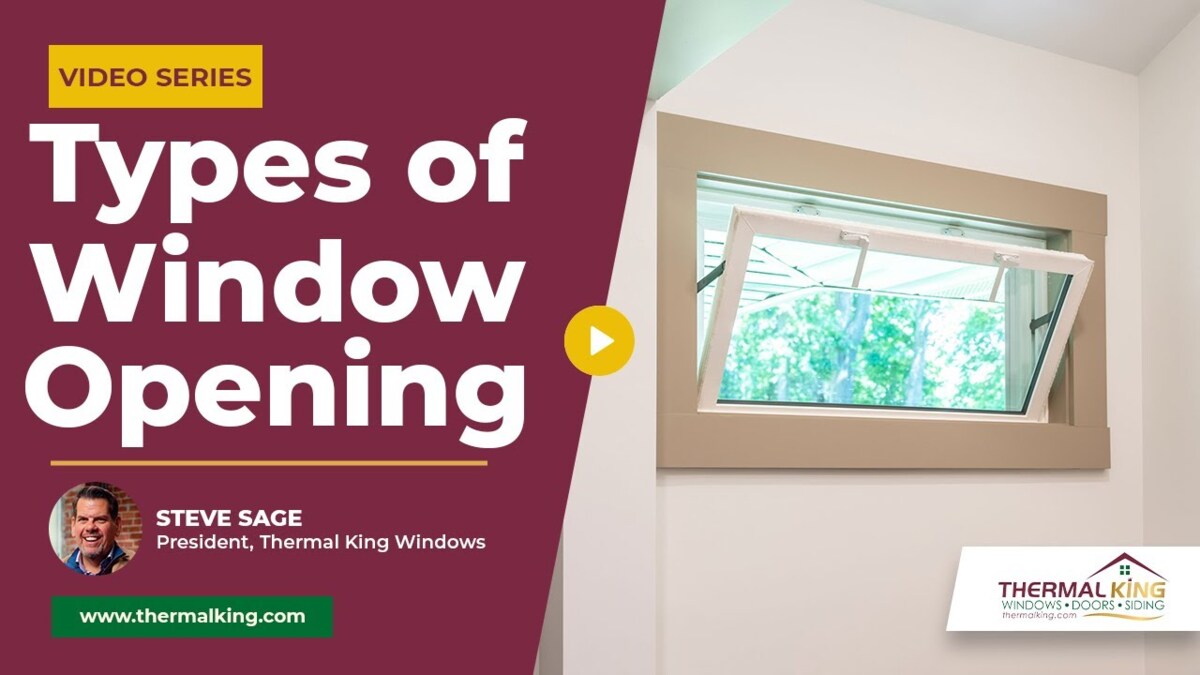Have you ever been tempted to choose cheaper windows to save money upfront? While the lower price tag is appealing, those savings often come with hidden costs that add up over time. From poor energy efficiency to limited warranties, cheap windows can lead to bigger expenses down the road, making quality windows a smarter choice for your home or rental property.
The Problem with Cheap Windows
Cheaper windows may seem like a good way to save money initially, especially for rental properties or secondary homes where energy bills aren’t your direct responsibility. My brother, for example, had his own home fitted with high-quality windows, but when it came to his rental properties, he opted for a lower-cost option. Since he wasn’t paying the utility bills, it didn’t seem like energy efficiency was as much of a priority. But as time went on, the real cost of choosing cheap windows became apparent.
Over the years, my brother began to experience issues with those less expensive windows. The lower-grade materials used in cheaper windows simply couldn’t withstand wear and tear as well as high-quality ones. He had to replace parts that weren’t covered under the warranty due to the numerous limitations that often accompany these lower-cost options. Instead of saving money, he was spending more on repairs and replacements than he’d anticipated.
The Consequences of Choosing Cheap Windows
Let’s break down some of the biggest downsides to choosing cheap windows, so you can decide if they’re worth the initial savings.
1. Poor Energy Efficiency
Cheap windows generally lack the advanced insulation technology that comes with high-quality windows. These lower-end options often have single-pane glass and less efficient seals, which can allow heat to escape in winter and seep in during summer. This inefficiency leads to higher utility bills. For a rental property owner like my brother, the renters may have been footing those bills, but the lack of energy efficiency can also mean poor temperature control, which can drive away tenants or reduce the property’s appeal.
2. Limited Durability and Frequent Repairs
One of the biggest issues with cheaper windows is durability. Unlike high-end windows that are built to last, cheaper models tend to use lower-quality materials. Over time, these windows are more likely to show signs of wear such as cracks, drafts, or fogging between panes. For my brother, this meant spending extra money on repairs, as well as the inconvenience of dealing with a problem that could have been avoided with a better investment.
3. Restrictive Warranties
Most cheap windows come with limited warranties that can be more of a hassle than they’re worth. Often, these warranties have exclusions and limitations that prevent them from covering the most common issues, such as broken seals or cracked frames. My brother’s experience was no exception – the warranty on his cheap windows didn’t cover many of the issues he encountered, leading him to pay out of pocket for repairs. In contrast, investing in a higher-end option typically means more extensive warranties, offering peace of mind and saving money on future repairs.
Why You Should Invest in Quality Windows
When my brother eventually had to replace those windows a second time, he chose a higher-quality option. This time, he decided to do it right and install windows that would last, knowing he’d own these rental properties for years. He realized that while quality windows may cost more upfront, they offer longevity, better warranties, and fewer issues overall.
Here’s why choosing quality windows over cheaper alternatives can be the best investment:
- Lower Long-Term Costs: Quality windows typically come with more robust construction and better insulation, which means fewer repair costs over the years and savings on energy bills.
- Stronger Warranty Coverage: Many high-end windows offer warranties that cover nearly all potential issues, providing peace of mind that cheap windows simply can’t match. For example, companies like Thermal King offer high-end windows with warranties that cover nearly everything, ensuring that if a problem does arise, it’s taken care of.
- Energy Efficiency for Years to Come: While cheaper windows may save you some money initially, the lack of energy efficiency means higher energy costs over the lifetime of the window. Quality windows are engineered to reduce energy loss, keeping your home comfortable and your bills lower.
The Benefits of Thermal King Windows
Investing in quality windows like those from Thermal King has additional advantages beyond just durability and efficiency. The high-end materials used in Thermal King windows make them more resistant to wear and tear, while the advanced insulation helps maintain a stable indoor temperature, which can lead to substantial energy savings over time. Moreover, the warranty on these windows means you don’t have to worry about extra repair costs – if an issue arises, it’s covered.
My brother, who is now older and has different priorities, values the low-maintenance aspect of these windows. He doesn’t want to spend his time dealing with repairs or worrying about drafty windows. With Thermal King, he has the peace of mind that comes with a high-quality product, knowing it’s a lasting solution.
In Summary
Choosing cheap windows may seem cost-effective at first, but over time, the drawbacks begin to add up. Poor energy efficiency, limited durability, and restrictive warranties can all lead to higher costs and frustration down the line. Quality windows, like those from Thermal King, provide the durability, energy savings, and peace of mind that cheap alternatives simply can’t match. When it comes to windows, investing a bit more upfront can save you a lot in the long run.
If you’re ready to make a lasting investment in your home, contact us to learn more about our range of high-quality window solutions.



